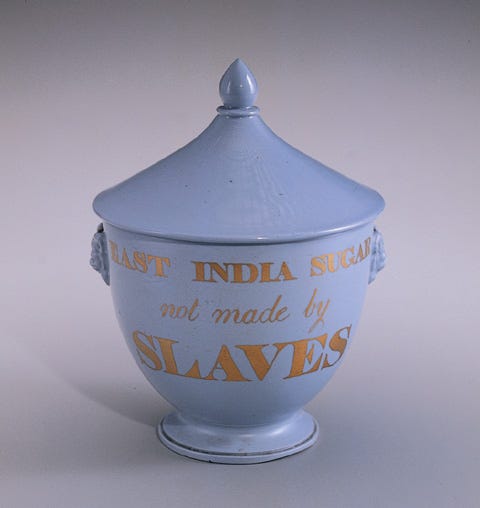Hello All,
This week, our guest writer Christopher Kissane expounds upon how modern-day slavery is systemically rife within the global food system, highlighting how exactly we are ignoring forced labour. Hopefully, it’s articles like these that will make us all think twice about how and where we choose to spend.

Harvesting Injustice
This weekend sees the UN’s International Day for the Abolition of Slavery. We often think of slavery as a crime of the past, but the UN’s International Labour Organisation estimates that there are more people enslaved now than at any time in history: over 50 million, with nearly 30 million trapped in forced labour, many growing and processing the food that feeds the world.
Ghana and Ivory Coast supply up to 70% of the world’s cocoa, and both have endemic problems with child labour and unpaid or forced labour. Experts believe well over a million people in Brazil are held in modern slavery, working in the Amazon’s toxic nexus of deforestation and agriculture, and on the plantations of the world’s largest coffee producer. Prawn farming and seafood processing in south and southeast Asia have systemic problems with forced labour, while fruit and vegetable harvesting in southern Europe is also blighted by modern slavery.
It often takes the heroic work of investigative journalists, committed officials, and campaigning charities to bring stories of modern slavery to light, but as a society we cannot say we don't know that a large amount of our food is grown by enslaved people. Poverty (of money, time, or information) means that many cannot question where their food comes from, but many who can simply don't want to know, or don't care.
The current trend towards more plant-based eating stems in part from widespread public concern about the exploitation of the environment and animals, but we have not seen an equivalent food trend against the exploitation of people. Huge stores of cocoa and coffee from Ghana and Ivory Coast in EU warehouses may be destroyed this year because they cannot be sold in Europe due to new rules on deforestation, not because of modern slavery.



